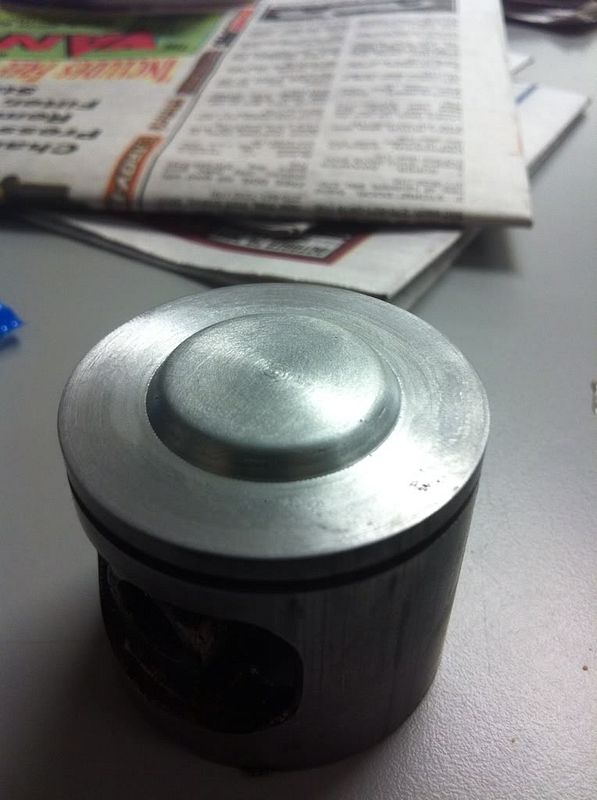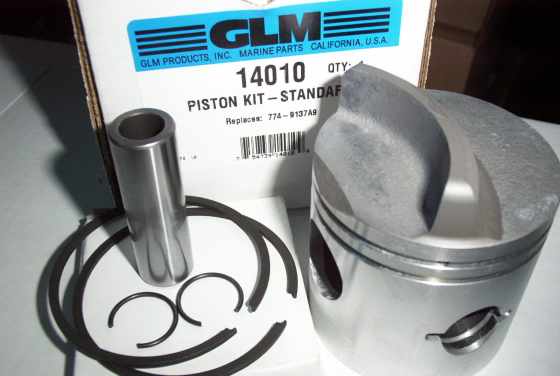"MY" findings... pop-ups do indeed make gains in a chainsaw motor .. Now "I" find a lot depends on how the pop-up is done if you cut a square edge gains are not so much but a nice gradual rounded edge seem to work better for "ME".
In some cases I have seen saws go in reverse from to much compreshion... then again to much depends on what saw your working on, seems everyone likes something a little differnt.
My take on windows . In "theory" they should "help" cool the piston crown. also cutting windows dose reduced piston weight, witch dose lighten the rotating mass witch "should" result in a quicker spool up but possible lose in tourque. negatives to windows is of course the obvious increasing the case volume, depending on what you do to the transfers how much affect windowing dose. One other thing on windowing I've always wondered when the windows pass the upper transfers what happens? is the pressure causing a reverse pressure affect on how the transfer feed ? I havent found any measurable gains (in a GAS saw) in windowing a non windowed piston, I honistly thing those engineers who designed that piston/ cly... know a heck of a lot more than I do......
Without CCing the case volume and doing all the math, doing any off this is like shooting in the dark unless your willing to do all the testing witch trust me get real pricey real quick...
In some cases I have seen saws go in reverse from to much compreshion... then again to much depends on what saw your working on, seems everyone likes something a little differnt.
My take on windows . In "theory" they should "help" cool the piston crown. also cutting windows dose reduced piston weight, witch dose lighten the rotating mass witch "should" result in a quicker spool up but possible lose in tourque. negatives to windows is of course the obvious increasing the case volume, depending on what you do to the transfers how much affect windowing dose. One other thing on windowing I've always wondered when the windows pass the upper transfers what happens? is the pressure causing a reverse pressure affect on how the transfer feed ? I havent found any measurable gains (in a GAS saw) in windowing a non windowed piston, I honistly thing those engineers who designed that piston/ cly... know a heck of a lot more than I do......
Without CCing the case volume and doing all the math, doing any off this is like shooting in the dark unless your willing to do all the testing witch trust me get real pricey real quick...






 039?
039?